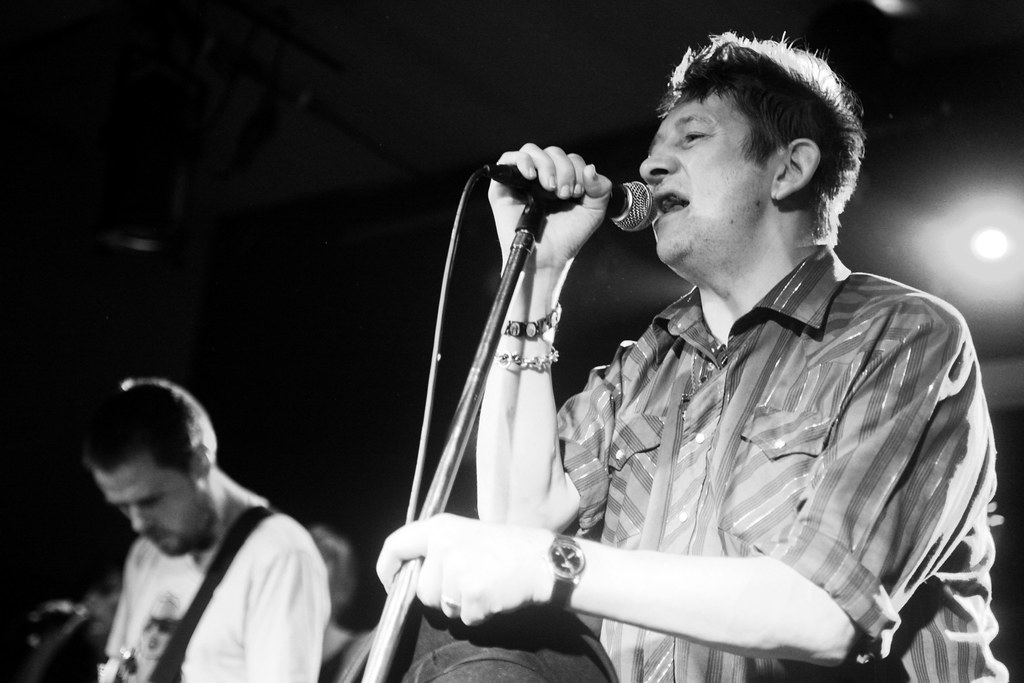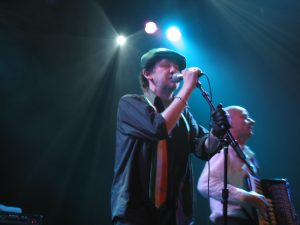
Shane MacGowan sadly passed away last week, aged 65, and his funeral is being held today in Dublin. To mark the day, we’re going to take a look back at The Pogues singer’s life, including the famous ‘Dirty Old Town’, which references Salford.
MacGowan was born in 1957 to Irish parents, but grew up in many parts of South East England, as well as a few years in Ireland.
His mother had been a singer and traditional Irish dancer, and his father was a literary enthusiast, encouraging Shane to take an interest in literature in his school years.
However, by his late teens he had used these skills to start a punk fanzine, and in 1982, The Pogues were formed.
They played in London pubs and clubs, before releasing their first album in 1984.
But it was their second album that contained ‘Dirty Old Town’, a song written about Salford by Ewan MacColl.

MacColl grew up in Salford City, and originally wrote it 1949.
It would originally be made popular by the Dubliners, and MacGowan’s Pogues charted with the song too in 1985.
Although the name ‘Dirty Old Town’ suggests a slight towards the Salford people, but instead it’s a nod to its charming industrial nature of that time.
Despite that, after council complaints the line about smelling a spring ‘on the Salford wind’ in the original version, this was changed to the ‘smoky wind’.
Shane MacGowan had worked with Ewan MacColl’s daughter Kirsty on the famous ‘Fairytale of New York’ too, possibly suggesting how the idea for the band’s energetic take on this song came about.
MacGowan continued with the Pogues until 1991 when he was sacked for unprofessional behaviour, but would return for their reunion tour in 2001.
His last noted performances would come before the coronavirus pandemic, and sadly after an illness this summer, he would pass away last week aged 65.
Shane MacGowan will be remembered, as the President of Ireland put it, “one of music’s greatest lyricists”, and especially fondly remembered by the people of Salford for his fresh perspective on ‘Dirty Old Town’.















Recent Comments